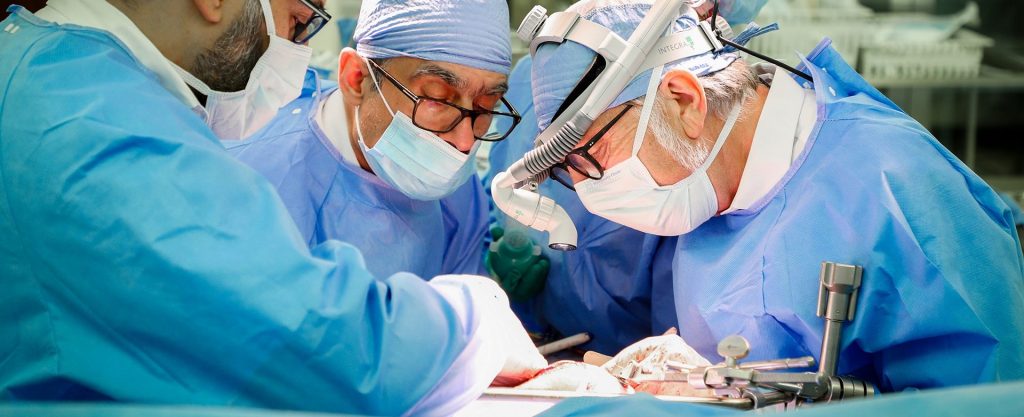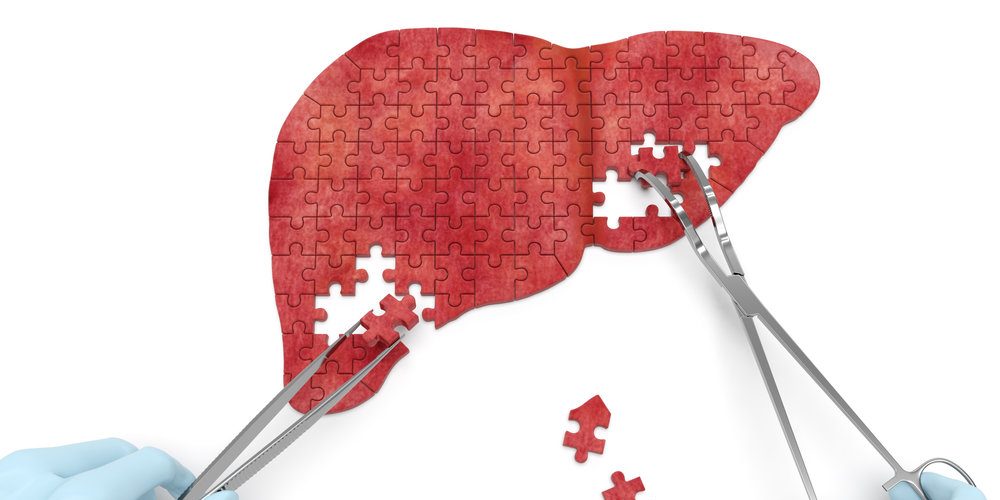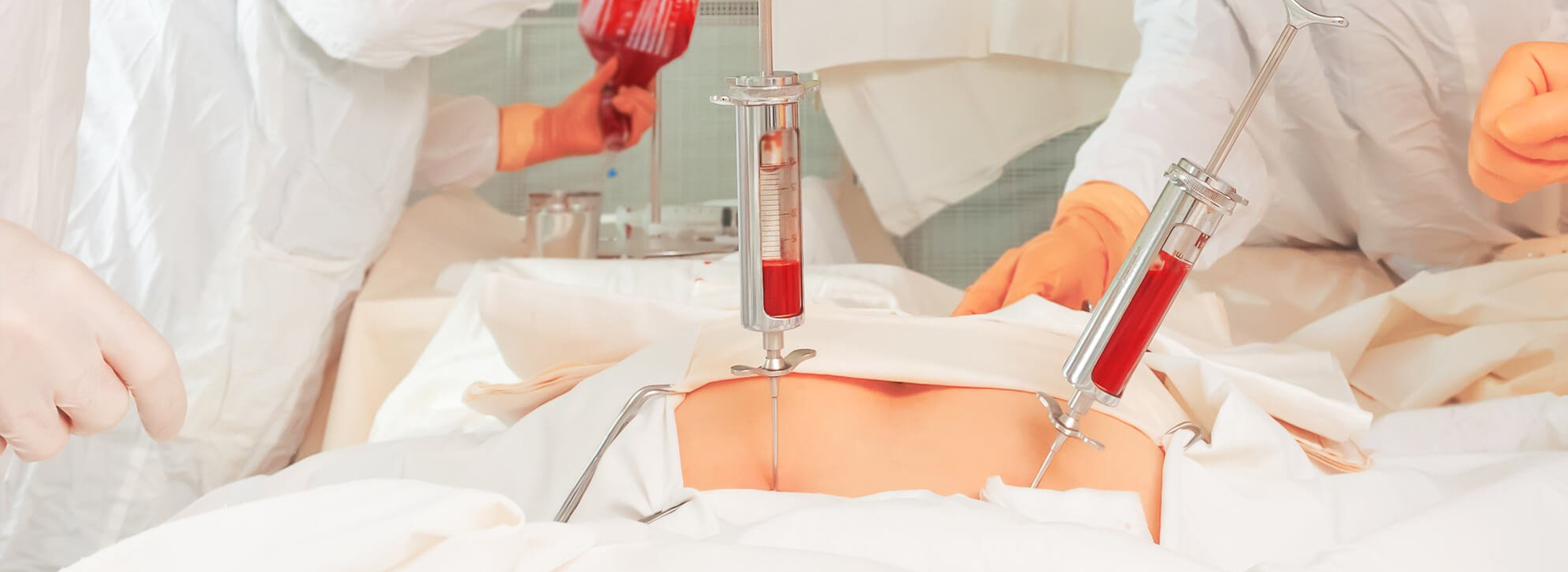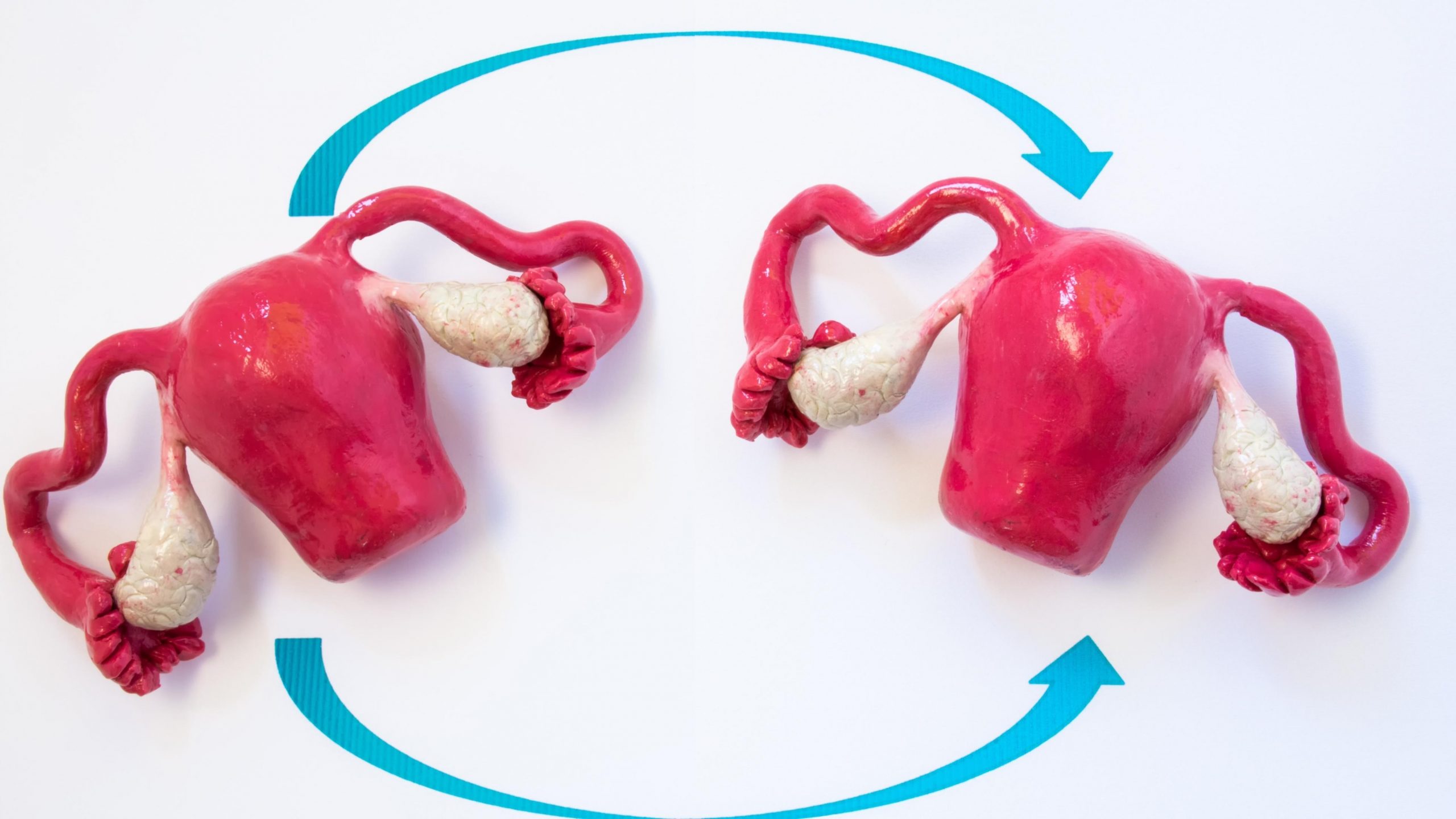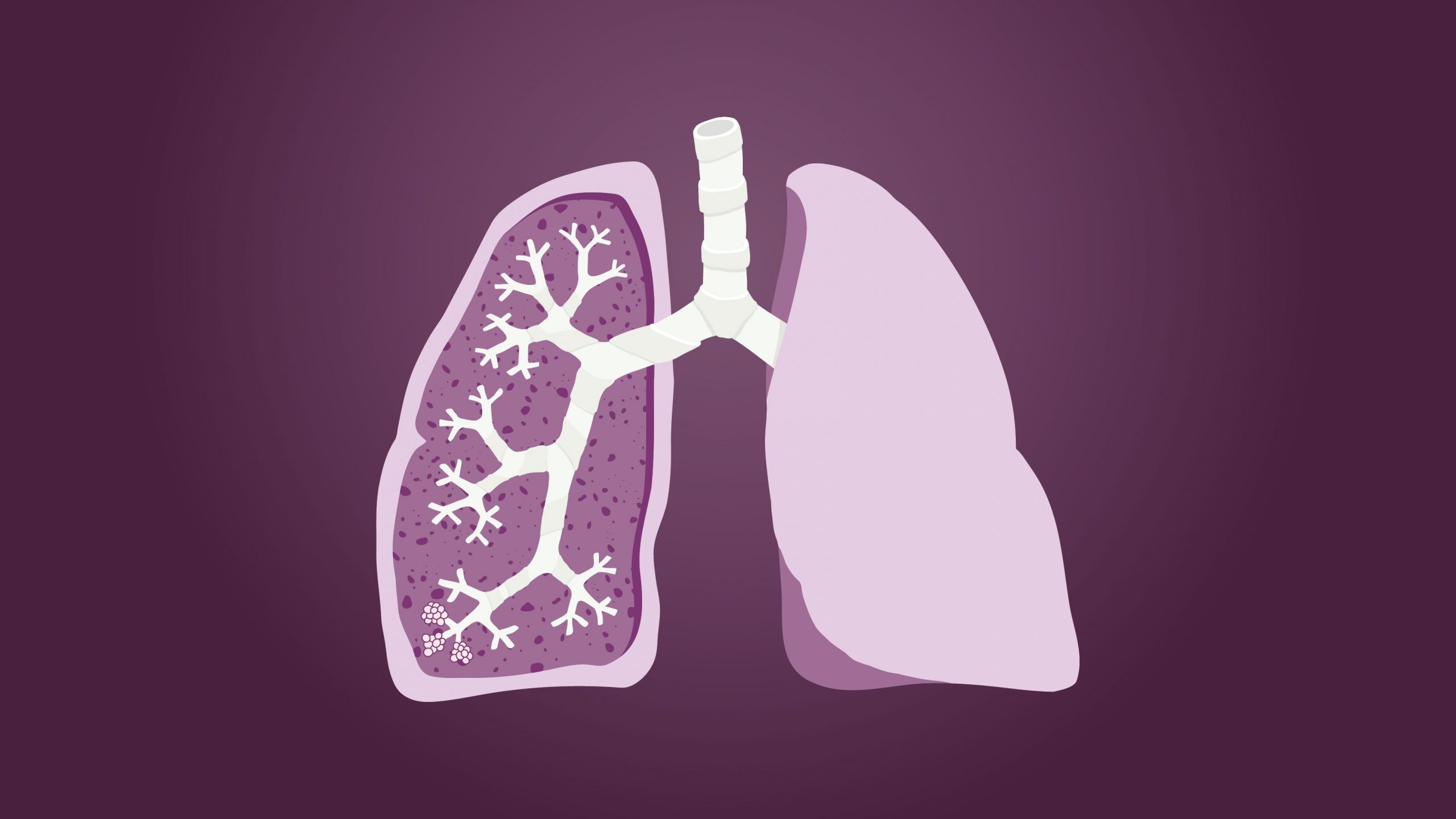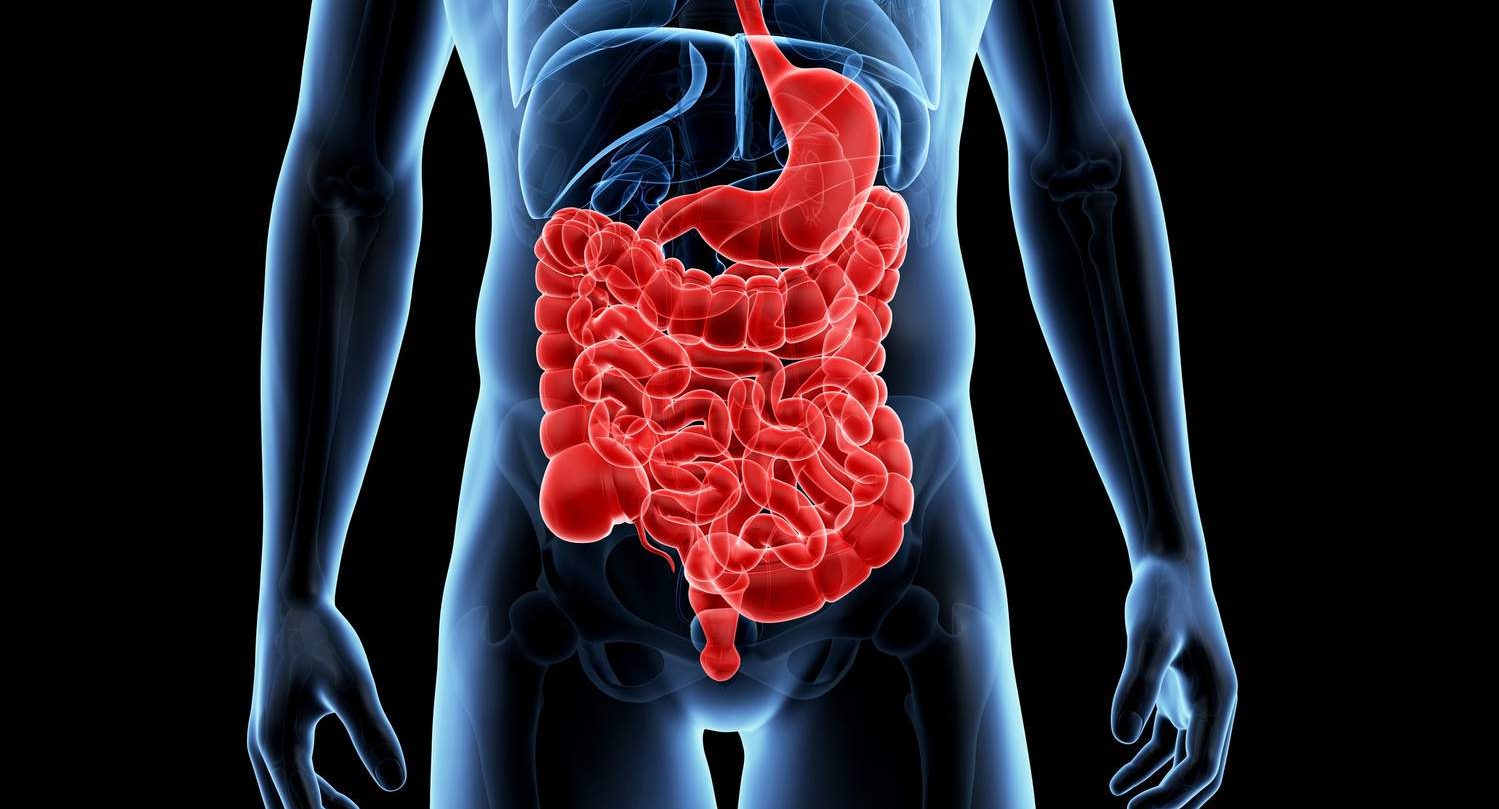
An overview about Organ Transplantation Surgery Types
Organ transplantation procedures are among the most prominent surgeries in modern medicine. Moreover, any organ transplantation surgery is carried out through transferring or replacing an organ or tissues with another as a result of failure of the replaced organ to perform its functions due to a certain disease or as a result of defects. Types of human organ transplant surgery vary as in using a self-graft from the patient’s own body or a similar graft from a genetically identical donor. Another possibility includes taking the graft from a donor who is not genetically identical to the patient or by a foreign graft through transferring an organ from one strain to another. Typically, organ transplant centers can help the patient obtain the required organ from a deceased-donor to perform the required human organ transplant operation. In this article all the information you should know about organ transplantation surgery is provided.
Types of Organ Transplantation Surgery
Liver Transplant Procedure
The first liver transplant or liver organ transport took place in 1983 as the first human transplant of a liver. A human liver is a very important internal organ that performs many vital functions, such as producing bile and proteins as well as purifying the blood from toxins. Liver transplantation procedure is transferring the whole liver or a part of it from a donor person to patient suffering from liver failure. This solid organ transplant is performed in cases of chronic liver failure or disease along with liver cancer cases. Furthermore, the positive aspect of a liver transplant is that transplanting a portion of the liver, which can be obtained from a living donor, is enough since a liver can return to its normal size after a short period of resection which makes it easier for surgeons to perform this organ transplantation surgery without the need to search for a deceased-donor…Read-More
Renal Transplantation Procedure
A kidney transplant surgery was performed for the first time in 1933. It aims to reduce or replace an infected kidney with a healthy one from a living or recently deceased donor. However, why is a kidney transplanted?
As one of the most prominent organs of the excretory system, a kidney performs an effective function in maintaining the body’s health by eliminating its waste and toxins, excreting them through the urine, and purifying the blood. However, chronic renal insufficiency or kidney disease leads to the failure of the kidney resulting in urine and waste buildup in the body; however, surgical intervention represented in transplantation of a new kidney is an important option that saves the patients from receiving frequent dialysis and provides them with a better life…Read-More

Bone Marrow Procedure
The first bone marrow procedure as an organ transplantation surgery was performed in 1959. The aim of bone marrow procedure is to replace damaged cells with healthy stem cells to help the body produce new blood cells. This organ transplant process is also called stem cell transplantation. Moreover, it is used as a medical treatment for a number of blood diseases, such as leukemia or some immunological and hereditary blood diseases.
There are many types of bone marrow transplants, such as the cryptic one that occurs when the donor’s stem cells have a similar gene structure to the patient’s stem cells especially a related donor or the autologous stem cell transplant which is performed by treating the infected stem cells, removing the damaged ones and replacing them with healthy cells.
It should be noticed that bone marrow procedure is not a surgical procedure, rather it is closer to a blood transfusion; however, the patient needs to stay in the hospital for general surgery preparation and recovery after it…Read-More
Eye Cornea Transplant Procedure
The first organ transplantation surgery of a cornea was performed in 1905. The importance of the cornea is represented in its ability to receive light. Therefore, in case of being damaged, it causes blurry vision resulting in the need for having organ transplant process which is useful for treating it along with treating various diseases that affect the cornea, such as keratoconus which is performed by replacing the diseased cornea or its damaged tissues with a healthy cornea from a living donor.
Corneal transplant procedure types vary according to the degree of corneal damage and the part to be replaced from anterior superficial or deep cornea transplant. Thus, it may not be necessary to remove the entire cornea and replace it with a new one…Read-More
Heart Transplant Surgery
The first heart transplant surgery was performed in 1986. This organ transport is highly recommended for patients suffering from heart failure or mitral insufficiency which cannot be healed by medications; it should be noted that these cases are critical ones that threaten the patient’s life as the patient’s heart does not work efficiently.
The organ transplant process is done by replacing the patient’s heart with a heart from a recently deceased donor. The transplanting procedure is performed under general anesthesia by an open-heart surgery and by using an artificial heart and lung device that keep blood and oxygen pumping for the patient during the operation. Moreover, after the operation, the patient needs to stay in the hospital for the needed period of time to recover…Read-More
Pancreas Transplant Surgery
Pancreas transplant surgery has been an effective solution a doctor relies on to treat people with type 1 diabetes as the procedure allow them to quit using their daily insulin injections, thus eliminating the annoying sudden attacks of diabetes.
However, it can be healed if the patient seeks advice from a specialist in an appropriate transplant center to obtain a healthy pancreas, then the medical team performs the surgery which takes an average of three hours, during which the abdomen is incised longitudinally, then the pancreas of the living person like other organs that can be transplanted is placed inside and linked to the vessels blood and intestine, while keeping the patient’s primary pancreas in its normal position…Read-More
Uterine Transplantation Operations
Uterine transplantation operations allow women with no wombs or women whose uteri are not able to perform the natural or biological functions. This organ implantation surgery is considered a complex one however, its success open the door to reproductive medicine to give the opportunity to women to have children.
Uterine transplant process is different from other transplant surgeries since they play a critical factor in the life of four parties, namely the patient, the donor, the patient’s partner and the child expected to be in the future or after the success of the operation.
Since it is a newly emerging operation, it is still causing some concern, however, women’s fears diminish when choosing a professional medical team to perform the surgery or being aware of some successful surgical procedures that took place in many countries…Read-More
Pulmonary Transplantation Operation
Lung diseases require prompt medical intervention by medication or by surgery. Therefore, the importance of pulmonary transplantation operation as a treatment becomes an inevitable choice, especially in conditions that threaten the vital functions of the lungs and in some heart diseases that cause pulmonary hypertension and thus threaten the patient’s life.
In the preoperative phase, the patient undergoes a set of medical examinations that show readiness for such procedure, then the task of the medical team begins by deciding one of the three types of surgery or one of triple organ transplant types depending on the medical diagnosis of the disease; these are single pulmonary transplantation, double pulmonary transplantation, and both pulmonary and heart transplantation.
Similar to other organ transplants, it is necessary for doctors to choose the appropriate organ or surgery type for the patient before scheduling the operation, which takes at least 8 hours and shows positive results in the first months…Read-More
Small Intestine Transplantation
The small intestine is one of the important parts of the human body due to its function in absorbing nutrients, so in case of intestinal system failure while having intravenous nutrition, small intestine transplantation becomes an effective procedure for treating small intestine syndrome or defects through a surgery that replaces the affected part with a healthy small intestine from the donor. After the surgery, the intestinal function, patient’s diet, weight, and medication are monitored to ensure the success of the surgery…Read-More
In conclusion, saving patients’ lives and providing them with opportunities to live better by the help of this integrated series of transplants or organ transplantation surgeries has been a humanitarian priority that our medical team at Healing Consulting centers and hospitals considered and undertook.
Make An Appointment Now
All copyrights reserved to Healing Group institution





